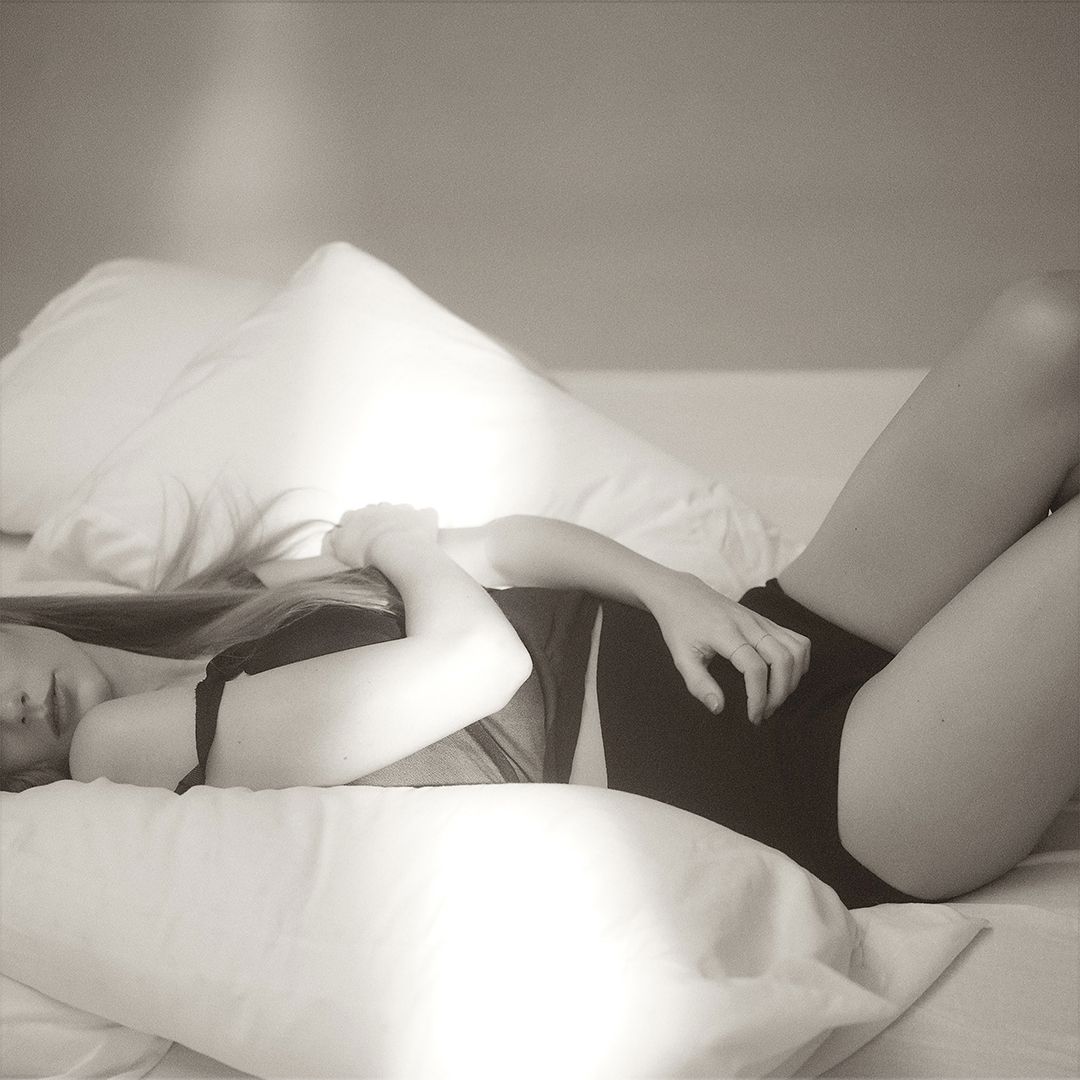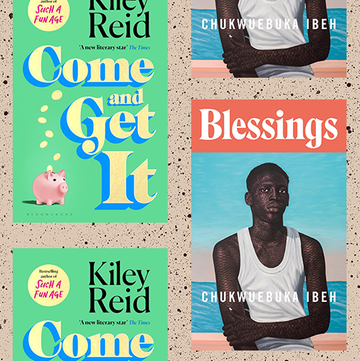“I’m having his baby,” Taylor Swift sings, with a knowing wink, on “But Daddy I Love Him”, the sixth song from her latest album, The Tortured Poets Department. Because she knows, and you and I know, that this announcement would set newsrooms ablaze. In the next breath, the biggest pop star in the world — ever? — ends any potential drama about her personal life: “No I’m not, but you should see your faces.” It’s one of several punchlines on The Tortured Poets Department, out today, which should reassure listeners that despite the album’s sombre messaging – a black and white album cover of the singer in bed, an air of ennui in the accompanying photoshoot – Swift is not only in on the joke, but she’s ready to tell a few of her own.
This is Swift’s 11th original studio album (and 15th overall, if you include the re-recorded versions, the result of a fight with her former label over her masters). It is not the stadium-filling pop of her previous record-breaking and Grammy-winning effort, Midnights, nor the synth-pop of her generational touchstone 1989. It’s a little like her second pandemic release, the melancholic and disarming Evermore, right down to how wordy the whole thing is. This album will break records. There is no possibility that Swift, at this stage in her career, cannot not break records. But it’s smart of her to lean into something moodier, and co-writes and production from long-time collaborators Jack Antonoff and Aaron Dessner aid that impulse.
It’s unclear whether Swift is the president or a member of this literary department (more likely, she is both) but she has a lot of fun taking down everyone involved. In the title track, an album stand-out, she tells a whirlwind lover: “You’re not Dylan Thomas, I’m not Patti Smith / This ain’t the Chelsea Hotel, we’re modern idiots.” Sweet of Swift to implicate herself, but she is never the fool for long. As soon as the relationship with this “tattooed Golden Retriever” sours, she delivers an all-timer: “You smoked then ate seven bars of chocolate / We declared Charlie Puth should be a bigger artist.” Swift’s best lines often lie at the intersection of “Good lyrics” and “Great Instagram captions”, and this album is no different.
More fun elsewhere. Two collaborations – album opener “Fortnight” features American rapper Post Malone, and “Florida!!!” has an assist from English indie band Florence + The Machine – are sweaty and lightly salacious. “Fresh Out the Slammer” is a surprisingly tender ode to the guy you return to after a break-up (“Fresh out the slammer / I know who my first call will be to”). But the best stuff here is when Swift sounds not merely tortured but actively pissed off. “You tried to buy some pills from a friend of friends of mine/ They just ghosted you, now you know what it feels like,” on “The Smallest Man Who Ever Lived”. In “Down Bad”, Swift, fresh from a heartbreak, is “down bad, crying at the gym”. All relatable stuff until you realise that while everyone can work through their blues on a treadmill, only Swift is preparing for a billion-dollar tour. Never mind. She can clearly compartmentalise. Why can’t we?
It is a lesson that would go down well with those who will try to fit these songs around her personal life, a practice which is both tedious and a disservice to Swift. But most people in the western world are familiar with the latest plot lines: the dissolution of a six-year relationship, a fleeting, thrilling rebound with a pop star, the eventual love affair with a broad-shouldered American sportsman. It’s possible to assign specific lyrics to Swift’s lovers and situationships, but she is very obviously often singing about many things at once (it’s possible, I promise you!).
God knows what the Easter egg-inclined will make of the album’s English touches. London, a frequent subject of Swift’s songwriting, is given a ghostly send-off in “So Long, London”. Presumably it’s the last time she will sing about Hampstead Heath, though it would be a shame: this city certainly awakens extreme emotions in her. “You sacrificed us to the gods of your bluest days,” she sighs, presumably putting an end to the heady Camden day drinking of Lover’s boisterous “London Boy”.
She remains preoccupied with small towns and the lessons of fame. The neat final track, “Clara Bow”, makes good use of both obsessions. A spiritual successor to Evermore’s “Dorothea”, Swift addresses a new starlet – though presumably she only has this insight from frequently being on the receiving end of such talk – comparing her to both Clara Bow and Stevie Nicks. Anyone familiar with Swift’s fondness for a late-stage switcheroo, a trick from her country origins, won’t be surprised by the self-mythologising final verse: “You look like Taylor Swift, in this light, we’re loving it / You’ve got edge, she never did.”
By the time that line comes in the album, Swift has delivered her own edge – an acidic, perfectly timed one – reminding us that she is permanently a step ahead. It would be exasperating if it weren’t so impressive.
‘The Tortured Poets Department’ is out now via Republic Records
Henry Wong is a senior culture writer at Esquire, working across digital and print. He covers film, television, books, and art for the magazine, and also writes profiles.













